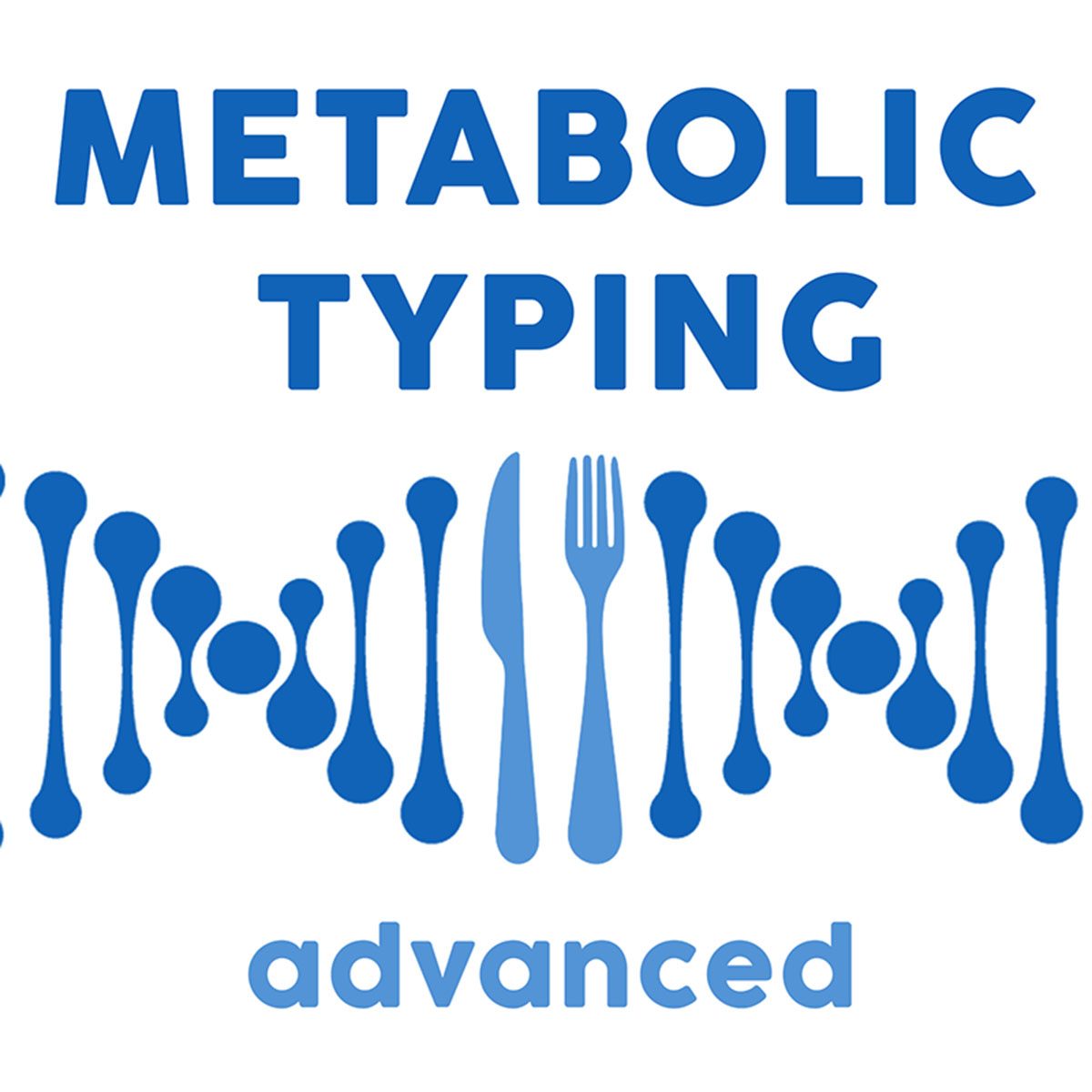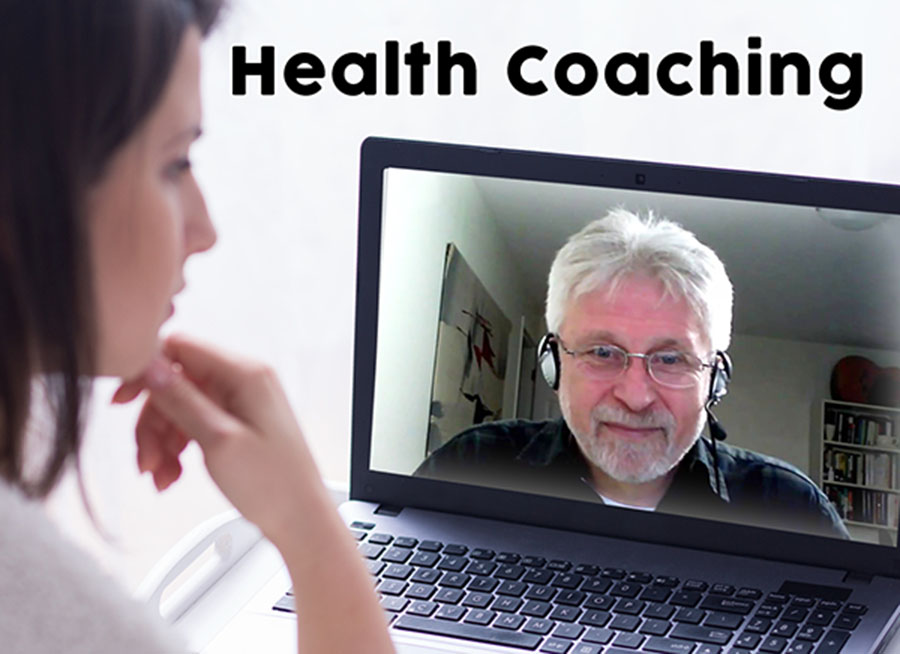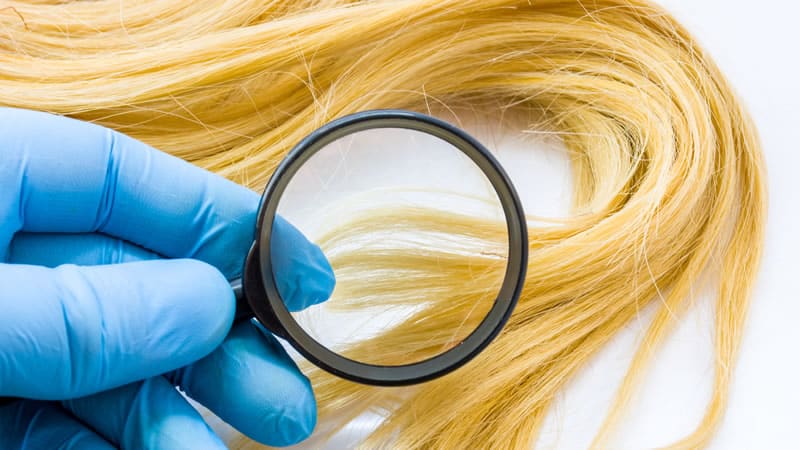No products in the cart.
Journey to Health
Health is a journey, not a destination.
My friend once asked me: When will I start seeing the results of eating healthy? I was not able to answer this question for him in one sentence. When we are young, vibrant, and full of energy, we feel like we are on the top of the world and we can do anything; we rarely think about how our life is going to look in thirty, forty, or fifty years. Maybe the biggest change we will experience from living a healthy lifestyle is going to be no change at all. Maybe in a few decades, as a result of our choices today, we will look and feel the same (maybe with a few more gray hairs). Maybe maintaining our current state of health and well-being is the ultimate goal. Maybe our goal is to get out of our current health crisis. The image of our future self is so abstract, we struggle to actually relate to that person. Do we not love our future selves enough to start making good choices for them today?
Health is not a selfish act, health is a gift to others. I say that if you are not willing to change for yourself, do it for your children. Or grandchildren. You want to enjoy some quality play-time with those little guys, don’t you? I don’t want my grandchildren to visit me in a hospital, I want to run around with them in the backyard, just like my grandmother did (and still does today, at the age of 70, with her great-grandson). We need to understand that how we treat our bodies today is going to translate into how our bodies treat us thirty years from now. Being older doesn’t mean being sick. A walking stick is not a mandatory accessory for elderly people. Our bodies do age with time, certain processes slow down, certain tissues begin to lack elasticity and strength, and we cant keep up with teenagers in the gym, no doubt about it. Getting older is inevitable, getting old and sick is not.
Health is not a monolog, it is a discussion. We all need to learn to listen to our bodies. The truth is that we are often unable to properly understand the signals our bodies give us, not because we are not willing to listen, but because we don’t actually know what to focus on. It is like a loud college party, There is loud music, various conversations going on, beer pong off to one side, a fight in the other corner, people dancing, etc. In order to hear the person beside you who wants to have a serious conversation, you have to turn off the music, send home the rowdies, and clear aside enough of the mess so you can concentrate and hear what they have to say. We have to turn off the noise of general inflammation, and stop throwing gasoline on the fire if we want to figure out where the symptoms are really coming from. Our body is not a college party, but it sure might be similarly difficult to divide our attention between a number of different issues, especially when you don’t really know what you are dealing with. It could be that there is just one issue showing up in multiple systems, but we wont know that until we dig into the detective work of listening and following the clues our bodies are giving us.
Our bodies are very powerful and strong, they heal and protect themselves when given the right set of tools. Any discomfort such as pain, fatigue, digestive issues, headaches, or a rash are signals our body sends us to let us know something is not quite right inside. We can easily tell we are hungry or thirsty, sleep deprived, or sore from a workout, and we know how to address these deficiencies: we eat, drink, sleep, and rest to recover. But when signals we receive are not very clear, we either misinterpret them (for example, being exhausted after a long day at work doesn’t mean we should have another cup of coffee, but rather a long, restful sleep), or even worse, we ignore and overlook these signals. I am not suggesting going to the doctor with every sneeze or a pimple, but new, unusual, painful, or chronic symptoms are always a sign that something happening on the inside isn’t right.
Health knows no shortcuts. Decades of poor diet and lifestyle choices will not disappear in a few weeks, months, or years. It might take a long time for you to deal with the damage that has been done by your actions in the past. It took my body three years to recover from the damage after 14 years on birth control, and it was a very difficult period in my life. You can lose weight through drastic dieting and chronic exercising, but the change will never last because shortcuts never last. Terms like yo-yo dieting have become a common part of our vocabulary. Some people are known to try every diet program available, but they never reach their goals (if they did, they wouldn’t have to try another one).
Health is not a privilege, health is a right. Our ancestors didn’t experience diabetes, obesity, cancer, or thyroid issues, at least not to such a high degree as we do today. The food they ate was unprocessed, whole, and natural, rich in vitamins, minerals, and other nutrients. Soils were still rich in minerals, so the produce grown from that soil was too. They ate plenty of vegetables, fats, and meat, occasionally fruit, when they were lucky enough to find some before the animals and other tribes did, they moved naturally most of the time, they didn’t have sedentary nine-to-five jobs, they did not apply chemical products on their skin, and they were not constantly exposed to EMF and sources of hormone disrupting blue light. Yes, they also didn’t have anything like the modern medical system, pain-killers, surgeons, and modern technologies, but they didn’t really need them.
Health should not be taken for granted. Modern medicine can do wonders today, including transplanting delicate organs or saving lives during complicated childbirths. But lets take another look at this: is it great that we have medication available, or would it be way better if we didn’t need it at all? Hippocrates once said: Let food be thy medicine and medicine be thy food. Hippocrates was a Greek physician, often referred to as the Father of Modern Medicine, and to this day, doctors all around the world take a Hippocratic Oath, swearing that they will do no harm and adhere to specific ethical standards. Yet almost every general practitioner prescribes pills and surgeries before they even consider diet and lifestyle changes. We are offered shortcuts, rather than real solutions. We are offered bandages, so we don’t see our wounds. We are told that these things are completely common, but common does not equal normal.
Health is not guaranteed, health is earned. Health doesn’t care about money, social status, political view, sexual orientation, race, or religion. Health is our most precious possession, and we should always do our best to protect it. We cannot afford to leave our health in the hands of other people they will never be as invested in our health as we are. It is our responsibility to seek out credible information and practitioners who are willing to practice collaboratively. We need people on our care team that really listen, validate that what we are experiencing is real, and help us to solve the mystery and find the solutions that suit us best. We should always feel free to ask questions, especially about any proposed diagnosis or intervention.
We cannot focus on one aspect of our health and expect everything to follow along. Eating healthy is one thing, but it will not make up for a sedentary lifestyle, smoking, sleep deprivation, or prolonged/on-going exposure to environmental toxins. Exercising will not erase the impact of poor diet choices, and you cant really catch up on sleep on the weekend. Every choice we make in life comes with a set of consequences, both good and bad, and at some point, we need to take responsibility for our own health and our own choices. Whether you want to prevent a disease or manage the symptoms of an existing one, our own actions matter the most. I am not suggesting that our diseases are our own fault, but we can choose how we react to them and how we approach the situation. Blaming our health issues on others will not help us, and blaming it on ourselves can even be worse. We need to approach our bodies with love and care, love is probably the most underrated healing tool, but it is very powerful and each of us need to find it within ourselves. Health is not simple, but there are simple changes you can make in your lifestyle, diet, and mindset that can make a huge difference.







